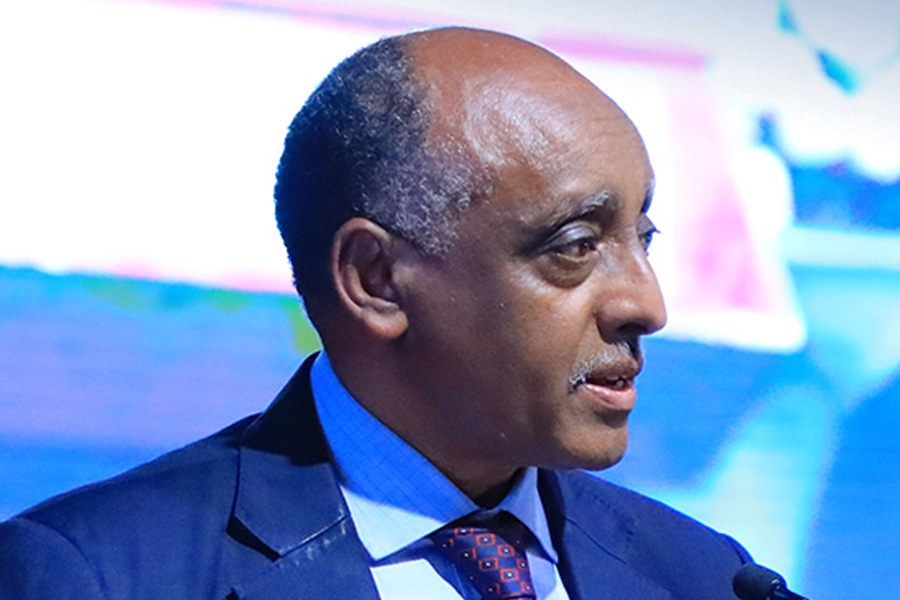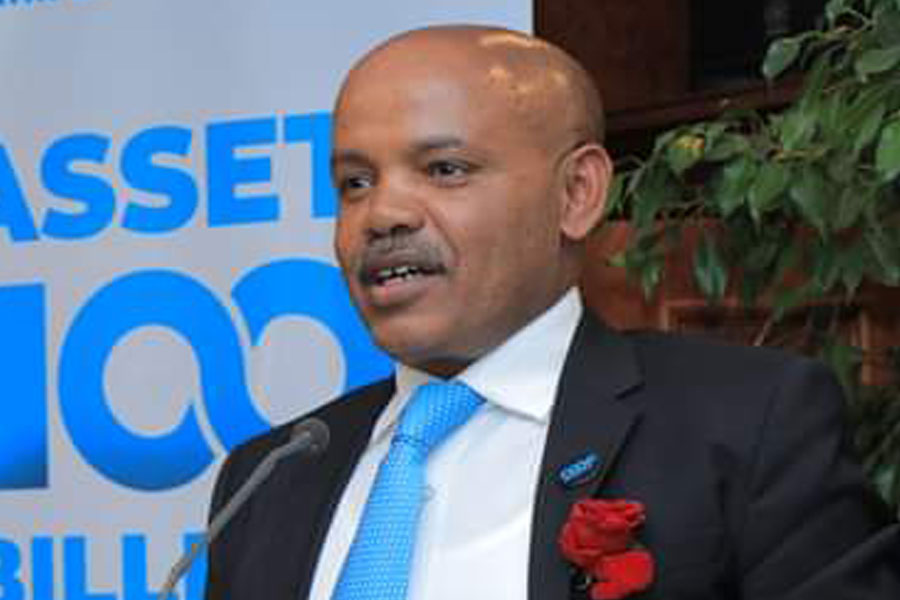
Jul 22 , 2023
By Hintsa Andebrhan
At the recent Paris Finance Summit, the world stood on the precipice of a novel epoch, two rival monetary orbits glinting at its edges. The international community, it appears, is at a critical juncture, teetering on the brink of a struggle for financial domination. In this volatile milieu, only countries with robust economic policies dare tread the arduous path.
At the fulcrum of these geopolitical machinations was Ethiopia's Prime Minister, Abiy Ahmed (PhD), a leader whose presence, while noticeable, was marked by a surprisingly tepid critique of the International Monetary Fund (IMF) and World Bank, the very emblems of the Bretton Woods monetary order.
Abiy's key points included a call for the fulfillment of pledges, a push for enhanced liquidity access, a rallying cry for scaling up Multilateral Development Banks (MDBs), and an appeal for immediate debt relief. His cause, however, revealed an apparent acquiescence to the incumbent economic order and its associated rules - a position that many in Ethiopia may view as a gamble.
Notably, the Summit brought into sharp relief the underlying tensions simmering in the Global South. A clear distinction was made by South Africa and Kenya, whose leaders have grown weary of international financial institutions that treat them as subordinate entities.
Kenya's President, William Ruto (PhD), emphasised the call for an equal partnership, articulating the need for a new financial architecture. This sentiment found an echo in several developing economies from Latin America to Asia, all expressing disenchantment with the hegemony of dollar trades.
The Summit laid bare a silent but palpable specter: Brazil, Russia, India, China, South Africa, a.k.a the BRICS, and its New Development Bank (NDB). It is not just the emergence of a new bank that alarms Washington and its allies; rather, it is the idea of a new currency that seeks to upend the Dollar's supremacy. Recent developments, such as China's petro-Yuan agreement with Saudi Arabia, and the Yuan and Ruble-based energy trade agreement between China and Russia, signify a significant thorn in the side of the US-led liberal economic order.
American economist Jeffrey D. Sachs (PhD) poignantly captured the mood, noting the inability of American leaders to deliver cogent policies at the Summit. In this milieu, the US-centric financial entities, the IMF and World Bank, stand on the verge of a watershed moment. They must either reform their bureaucratic structures or face the onslaught of a new currency championed by the BRICS.
The implications of these shifting tectonic plates are not lost on Ethiopia.
While the country's current economic strategy remains opaque, there is a pressing need for a robust economic policy to navigate this incoming 'war of economies.' The new global order looming over the horizon is not about simple trade-offs but about having a nuanced and complex policy. It is also about states safeguarding their sovereignty while advancing their interests. It is incumbent upon Ethiopia's Prime Minister and his administration to fashion an economic strategy that would shield Ethiopia and secure its populace's social and economic well-being in this evolving world order.
PUBLISHED ON
Jul 22,2023 [ VOL
24 , NO
1212]


Commentaries | Jan 31,2021

Viewpoints | Dec 05,2018

Fortune News | Aug 16,2020

Commentaries | Jan 07,2024

Radar | Dec 15,2024

Fortune News | Apr 03,2023

View From Arada | Nov 14,2020

Viewpoints | Jun 03,2023

Fortune News | Feb 15,2020

Editorial | Jul 08,2023

Photo Gallery | 179113 Views | May 06,2019

Photo Gallery | 169313 Views | Apr 26,2019

Photo Gallery | 160193 Views | Oct 06,2021

My Opinion | 137150 Views | Aug 14,2021
Commentaries | Oct 25,2025

Dec 22 , 2024 . By TIZITA SHEWAFERAW
Charged with transforming colossal state-owned enterprises into modern and competitiv...

Aug 18 , 2024 . By AKSAH ITALO
Although predictable Yonas Zerihun's job in the ride-hailing service is not immune to...

Jul 28 , 2024 . By TIZITA SHEWAFERAW
Unhabitual, perhaps too many, Samuel Gebreyohannes, 38, used to occasionally enjoy a couple of beers at breakfast. However, he recently swit...

Jul 13 , 2024 . By AKSAH ITALO
Investors who rely on tractors, trucks, and field vehicles for commuting, transporting commodities, and f...

Oct 25 , 2025
The regulatory machinery is on overdrive. In only two years, no fewer than 35 new pro...

Oct 18 , 2025
The political establishment, notably the ruling party and its top brass, has become p...

Oct 11 , 2025
Ladislas Farago, a roving Associated Press (AP) correspondent, arrived in Ethiopia in...

Oct 4 , 2025
Eyob Tekalegn (PhD) had been in the Governor's chair for only weeks when, on Septembe...

Oct 25 , 2025 . By YITBAREK GETACHEW
Officials of the Addis Abeba's Education Bureau have embarked on an ambitious experim...

Oct 26 , 2025 . By YITBAREK GETACHEW
The federal government is making a landmark shift in its investment incentive regime...

Oct 29 , 2025 . By NAHOM AYELE
The National Bank of Ethiopia (NBE) is preparing to issue a directive that will funda...

Oct 26 , 2025 . By SURAFEL MULUGETA
A community of booksellers shadowing the Ethiopian National Theatre has been jolted b...